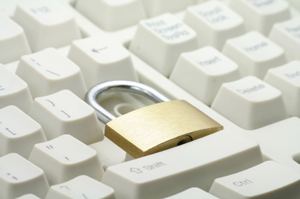5 Staying safe online
In Week 4 you focused on e-safety and how to protect yourself online (including creating strong passwords). You were introduced to the concept of digital well-being and the need to balance your digital life against your real one. Spending too much time online can result in stress, so making time for ‘offline’ activity is important. You also thought about how you can ensure your safety and that of others when communicating online.
Manuela and Michael started out feeling quite cautious about going online because of safety considerations. Knowing how to stay safe online has encouraged them to branch out in terms of what they do online and who they share with. John, who has grown up using technology as part of everyday life, was more confident, but has become much more aware of how he appears to others online and ways in which he can positively influence this.
All three now feel much more in control of their digital life. They have also gained the knowledge and skills to put some of their own material online and are able to make greater use of others’ work in what they create.
Managing your study
When it comes to online learning, being aware of some of the pitfalls can help you stay in control of your study and your life in general. This includes knowing how to manage your time online, taking regular rest breaks from technology and generally paying sufficient attention to your physical and mental health.
Although there are many benefits to connecting with others in a study community, there are also risks in sharing too much of your life online. It is also possible to feel pressured by others achievements and have a sense that you are missing out. It can help to remember that even those people who are very active on social media are generally only sharing selected parts of their lives.

